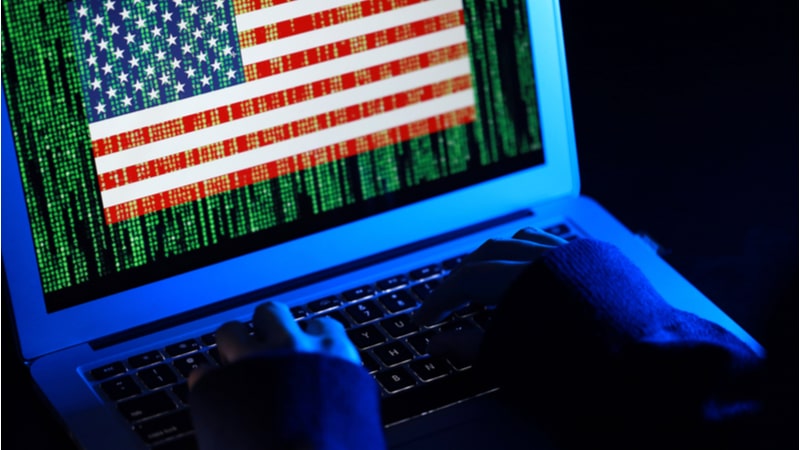
A bipartisan group of senators reintroduced the International Cybercrime Prevention Act, which would give law enforcement tools to harden cyber defenses.
The bill, reintroduced by Sens. Sheldon Whitehouse, D-R.I., Lindsey Graham, R-S.C., Richard Blumenthal, D-Conn., and Thom Tillis, R-N.C., would also create new criminal violations for those targeting critical infrastructure like dams, power plants, hospitals, and election infrastructure.
“The more we shift control of everyday life to cyberspace, the more opportunities we open to international cybercriminals. From ransomware attacks on American companies and critical infrastructure to the pillaging of citizens’ private data for profit, it’s clear we need to arm authorities to protect Americans against cybercrime,” Sen. Whitehouse said in a release. “This bill would give law enforcement new tools to crack down on criminal activity and hold bad actors accountable.”
The International Cybercrime Prevention Act would:
- Allow authorities to confiscate communication devices and other property used to commit cybercrime.
- Enhance prosecutors’ ability to shut down botnets and other digital infrastructure used for a wide range of illegal activity.
- Create a new criminal violation for individuals who have knowingly targeted critical infrastructure, including dams, power plants, hospitals, and election infrastructure.
- Prohibit cybercriminals from selling access to botnets to carry out cyber-attacks.
“This bill would supply the Department of Justice with the tools and resources necessary to protect our country from future cyberattacks,” Sen. Blumenthal said. “From critical water supplies and natural gas lines to government agencies and our elections, recent attacks have revealed glaring vulnerabilities in our nation’s cybersecurity infrastructure. Further delay isn’t an option – we need the International Cybercrime Prevention Act to bolster our defense against hackers and foreign adversaries who will stop at nothing to disrupt and meddle.”
In a statement, the bill’s sponsors cited recent large-scale cyberattacks – including the Colonial Pipeline breach that disrupted the East Coast’s fuel supply – as a reason to quickly pass the bill. The senators also noted that both the United Nations and FBI have released reports which found a significant rise in cybercrime.
“When it comes to cybercrime and cyberterrorism, we have lost deterrence,” Sen. Graham said. “This legislation will dramatically increase penalties for those engaged in cybercrime and cyberterrorism, hopefully sending the message that America will not tolerate such criminal activity against our economy and our people.”
The bill was initially introduced in 2018. The legislation does not appear to have a companion bill in the House.
